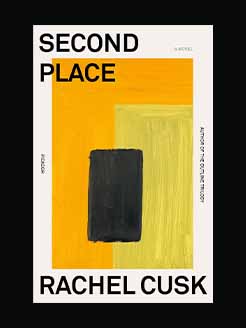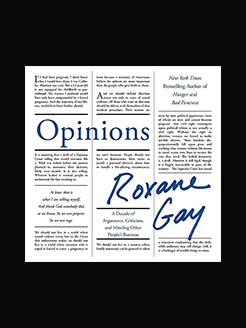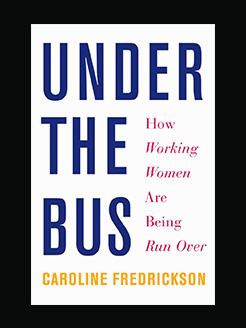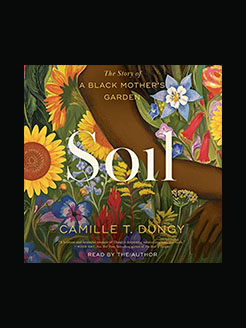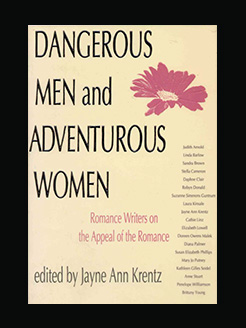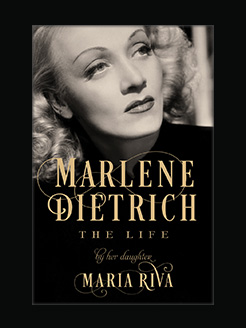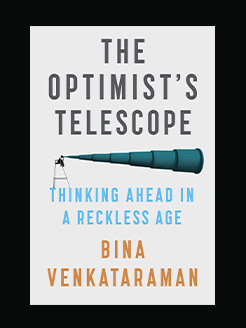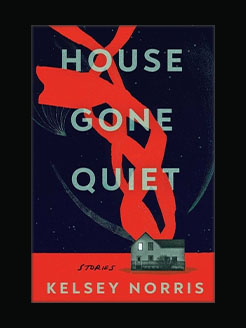Published in 2023
224 pages
Antonia Fraser is the author of many widely acclaimed historical works, including the biographies Mary, Queen of Scots (a 40th anniversary edition was published in May 2009), Cromwell: Our Chief of Men, King Charles II and The Gunpowder Plot (CWA Non-Fiction Gold Dagger; St Louis Literary Award). She has written five highly praised books which focus on women in history, The Weaker Vessel: Women’s Lot in Seventeenth Century Britain (Wolfson Award for History, 1984), The Warrior Queens: Boadecia’s Chariot, The Six Wives of Henry VIII, Marie Antoinette: The Journey (Franco-British Literary Prize 2001), which was made into a film by Sofia Coppola in 2006 and most recently Love and Louis XIV: The Women in the Life of the Sun King. She was awarded the Norton Medlicott Medal by the Historical Association in 2000. Antonia Fraser was made DBE in 2011 for her services to literature. Her most recent book is Must You Go?, celebrating her life with Harold Pinter, who died on Christmas Eve 2008. She lives in London.
What is this book about?
The vivid and dramatic life of Lady Caroline Lamb, whose scandalous love affair with Lord Byron overshadowed her own creativity and desire to break free from society’s constraints.
From the outset, Caroline Lamb had a rebellious nature. From childhood she grew increasingly troublesome, experimenting with sedatives like laudanum, and she had a special governess to control her. She also had a merciless wit and talent for mimicry. She spoke French and German fluently, knew Greek and Latin, and sketched impressive portraits. As the niece of Georgiana, Duchess of Devonshire, she was already well connected, and her courtly skills resulted in her marriage to the Hon. William Lamb (later Lord Melbourne) at the age on nineteen. For a few years they enjoyed a happy marriage, despite Lamb’s siblings and mother-in-law detesting her and referring to her as “the little beast.”
In 1812 Caroline embarked on a well-publicised affair with the poet Lord Byron – he was 24, she 26. Her phrase “mad, bad and dangerous to know” became his lasting epitaph. When he broke things off, Caroline made increasingly public attempts to reunite. Her obsession came to define much of her later life, as well as influencing her own writing – most notably the Gothic novel Glenarvon – and Byron’s.
Antonia Fraser’s vividly compelling biography animates the life of ‘a free spirit’ who was far more than mad, bad and dangerous to know.
